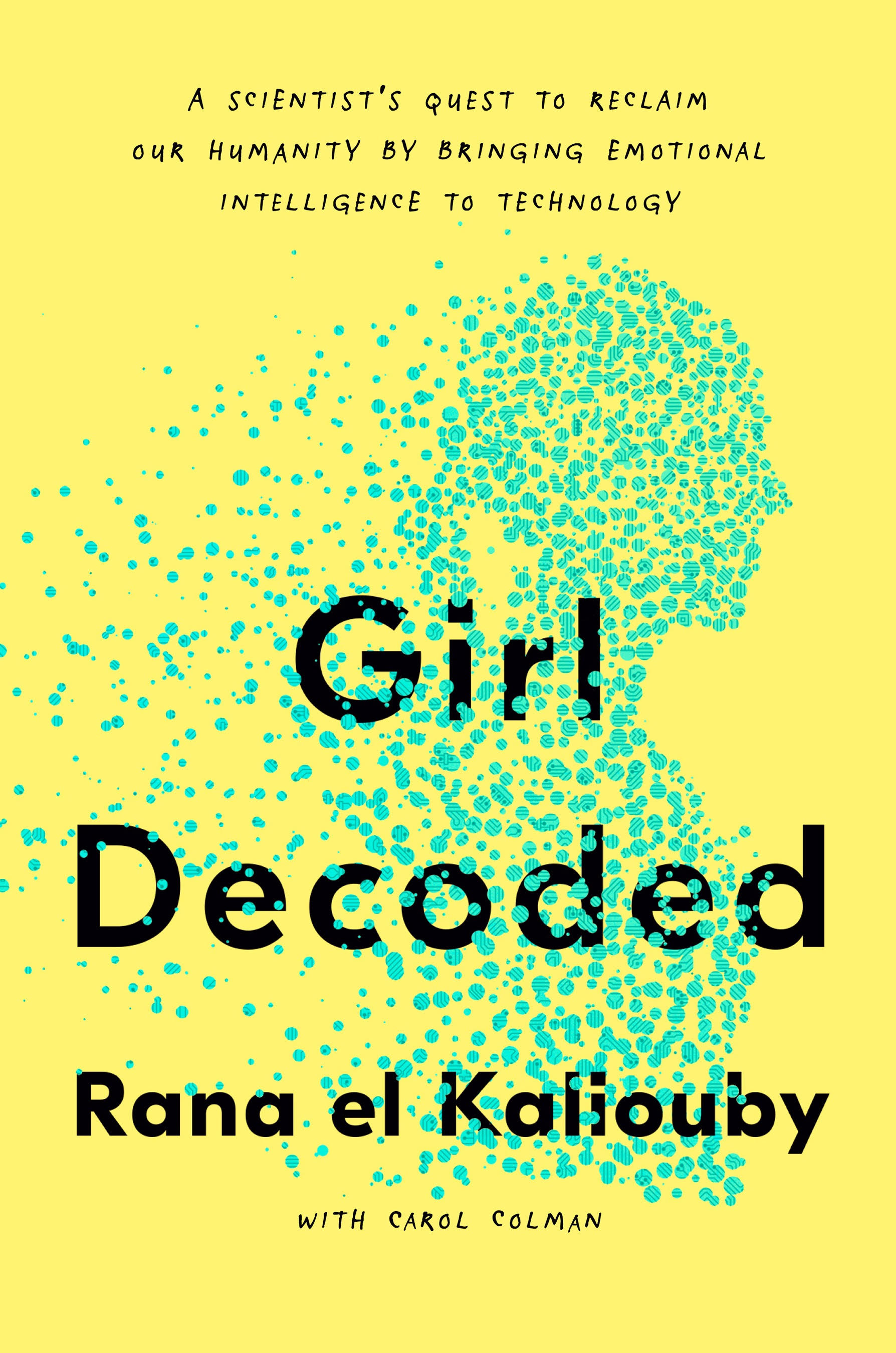At one end of the spectrum are the empathizers, those with the ability “to identify another person’s emotions and thoughts, and to respond to these with an appropriate emotion. The empathizer intuitively figures out how people are feeling, and how to treat people with care and sensitivity.”
At the other end of the spectrum are the systemizers, those who are driven to “analyse and explore a system, to extract underlying rules that govern the behaviour of a system; and the drive to construct systems.”
Empathizers excel in human- to- human interactions, but they might not be as adept at technical skills such as engineering and math. In contrast, systemizers tend to be great at technology, numbers, and logic, but may fall short on their people skills.
Most of us fall somewhere in between these two extremes. Someone who is good at math may still have good social skills, which might move them more toward the middle of the spectrum.
Based on his research, Baron- Cohen found that men tend to fall more toward the systemizer end of the spectrum, while women fall more toward the empathizer end. Depending on which statistics you believe, the ratio is either two to one, three to one, or as high as four to one.
What I found most compelling about Baron- Cohen’s theory is that where an individual lands on the spectrum is not static. For example, an empathizer who is experiencing a great deal of stress may not be as attentive to the people with whom she is interacting. Under those circumstances, she could be shifting toward the systemizer end. If a systemizer falls head over heels in love, she may work harder at being responsive to the needs of her partner and find herself shifting more toward the empathizer end of the spectrum. I was really struck by this concept of a fluid spectrum, and Baron- Cohen said that, with a bit of support, one could train systemizers to move up the empathy scale, and vice versa.
Working with Baron- Cohen opened my eyes to the true potential of Emotion AI. We may all be created equal, but we are not equally good or consistently good at everything. Some people are born with a high EQ. Others, struggle with EQ. And the vast majority of us fall somewhere in between.
Cultural differences, or biases and ethnic stereotypes, can also cloud our perception and judgment. Some people, due to medical conditions like stroke, brain injury, impaired hearing, and vision loss, lose the ability to process emotion. There are times when we all may experience the disorienting feeling that we’re speaking to a wall, or that we are out of our depth in dealing with an emotional situation or person. At some point in our lives, many of us could use an “emotion prosthetic” to help us maneuver through a difficult time and get a better handle on our emotions and the emotions of others.
I believe that technology can augment human potential. Just as people use canes or wear glasses or use hearing aids to help them walk, see, or hear, an emotion prosthetic can help boost our empathy skills. Such a tool doesn’t take away from our other strengths, but adds to our innate abilities.

Follow us here and subscribe here for all the latest news on how you can keep Thriving.
Stay up to date or catch-up on all our podcasts with Arianna Huffington here.


